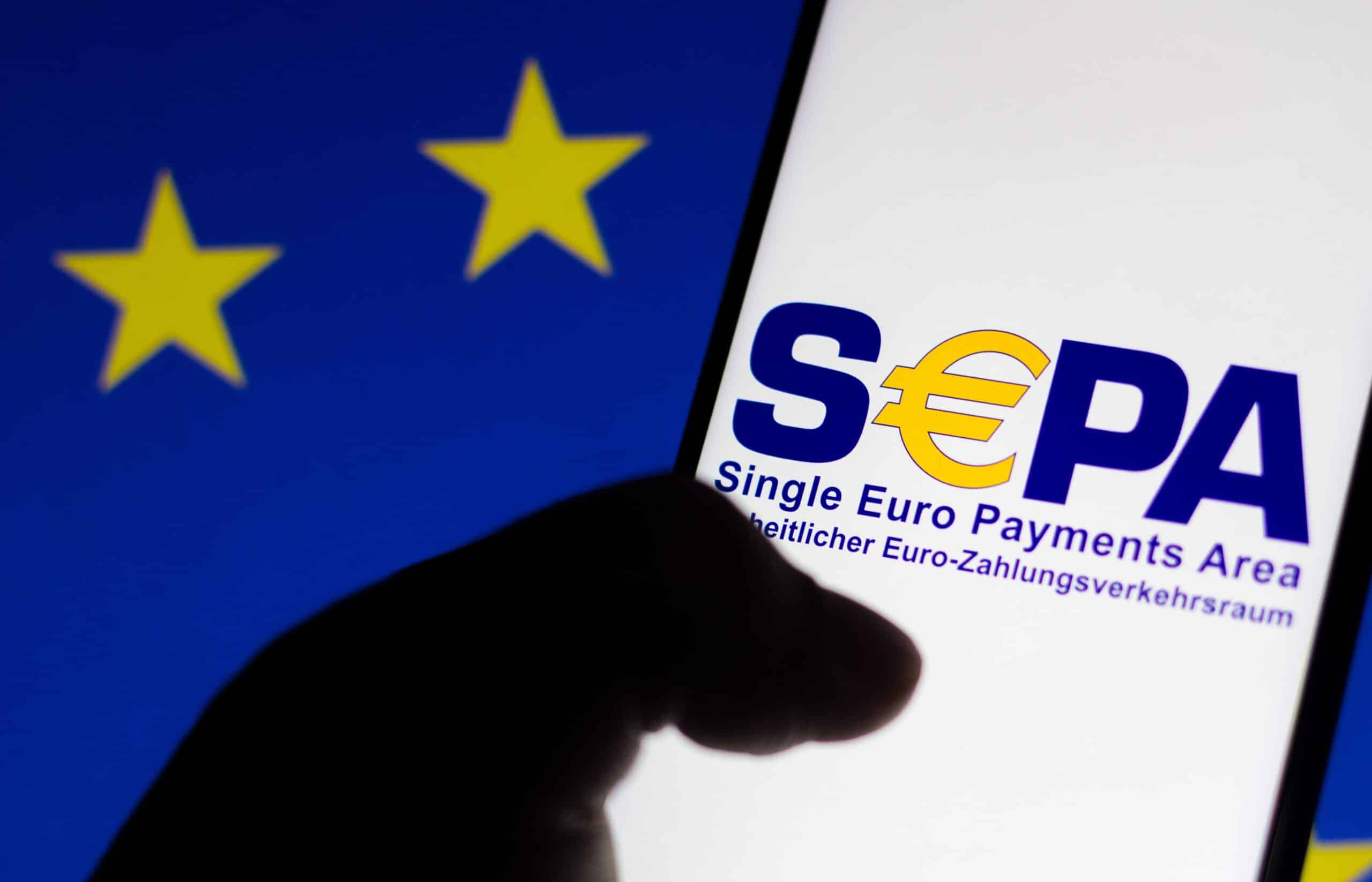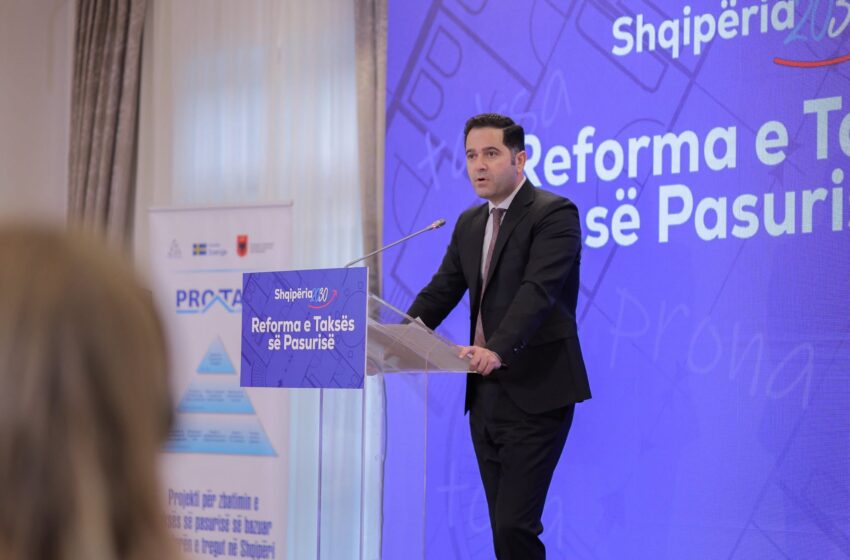Western Balkans advance toward SEPA integration for cross-border Euro payments

After the European Payments Council approved the inclusion of Albania and Montenegro in the Single Euro Payments Area (SEPA) schemes in November 2024, financial institutions in both countries will begin processing payments under SEPA schemes in April 2025. The European Payments Council is expected to decide on Serbia’s accession to SEPA in early March 2025. If approved, Serbian banks could start adhering to SEPA schemes on a timeline similar to Albania and Montenegro. Meanwhile, North Macedonia’s National Bank submitted a formal request for SEPA accession in July 2024, and Kosovo’s Central Bank filed a pre-application in December 2024. Bosnia and Herzegovina, however, has been unable to apply due to non-compliant legislation.
Why is this important: By joining the SEPA system, Western Balkan countries can facilitate financial transfers in euros, reduce transaction costs, and improve payment efficiency between the region and other SEPA member states. This progress reflects the EU Growth Plan’s objective of fostering socio-economic integration of the Western Balkans into the EU, particularly by granting phased access to key areas of the EU single market through regulatory alignment with EU standards.
Context: The Single Euro Payments Area enables citizens and businesses to make euro payments across participating countries with the same ease and convenience as within their own country. This simplifies cross-border transactions such as shopping, online payments, and money transfers, using a single payment account or card.
To join SEPA, countries must meet the EU’s legal and technical standards for payment systems. National central banks play a crucial role in this process by submitting and coordinating SEPA accession applications on behalf of their countries.
The European Commission, through a project funded under the Instrument for Pre-Accession Assistance (IPA) and implemented by the World Bank, is supporting Western Balkan payment service providers to prepare for SEPA accession.
Currently, the geographical scope of SEPA covers 38 countries and territories, including the 27 EU Member States, the United Kingdom, and non-EU countries like Iceland, Norway, Liechtenstein, Switzerland, Monaco, San Marino, Andorra, Vatican City, Montenegro, and Albania.
Next steps: The European Payments Council will decide on Serbia’s accession in March 2025. In parallel, Western Balkan countries will continue preparing their financial sectors for full SEPA integration with technical and regulatory support from the European Commission and the World Bank. Achieving full compliance with SEPA requirements is expected to boost regional connectivity and promote further economic integration with the EU.


